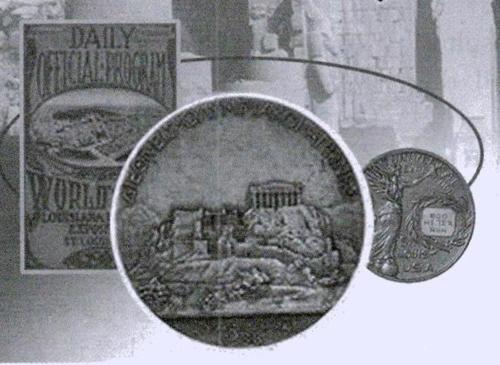The Brief History of the Ancient Olympic Games
2020-10-26张扬供稿
张扬 供稿

According to legend, the ancient Olympic Games were founded by Heracles (the roman Hercules), a son of Zeus. Yet the first Olympic Games for which we still have written records were held in 776 BC (through it is generally believed that the game had been going on for many years already). At this Olympic Games, a naked runner, Coroebus, won the sole event at the Olympics, the state—a run of approximately 192 metres (210 yards). This made Coroebus the very first Olympic champion in history. The ancient Olympic Games grew and continued to be held every four years for nearly 1200 years. In the ancient Olympic Games, women were not allowed to complete, or even to be the spectators. There were fewer events, and only free men who spoke Greek could complete, instead of athletes from any country. Also, the games were always held at Olympia instead of moving around to different sites every time.
In 393 AD, the Roman Emperor Theodosius I, a Christian, abolished the games because of their great influence.
Approximately 1500 years later, a young Frenchman named Pierre de Coubertin began his revival. Coubertin was a French aristocrat born on January 1, 1863. He was only seven years old when France was overrun by the Germans during the Franco—Prussian war of 1870. Some believe that Coubertin attributed the defeat of France not to its military skills but rather to the French soldiers' lack of vigor. After examining the education of the German, British, and American children, Coubertin decided that it was exercise, more specifically sports, that made a well-rounded and vigorous person.
However, Coubertin's attempt to get France interested in sports was not met with enthusiasm. Still Coubertin persisted. In 1892, Coubertin constructed an International Olympic Committee (IOC) and Detetrious Vikelas from Greece was selected to be its first president. Athens was chosen for the revival of the Olympic Games.
